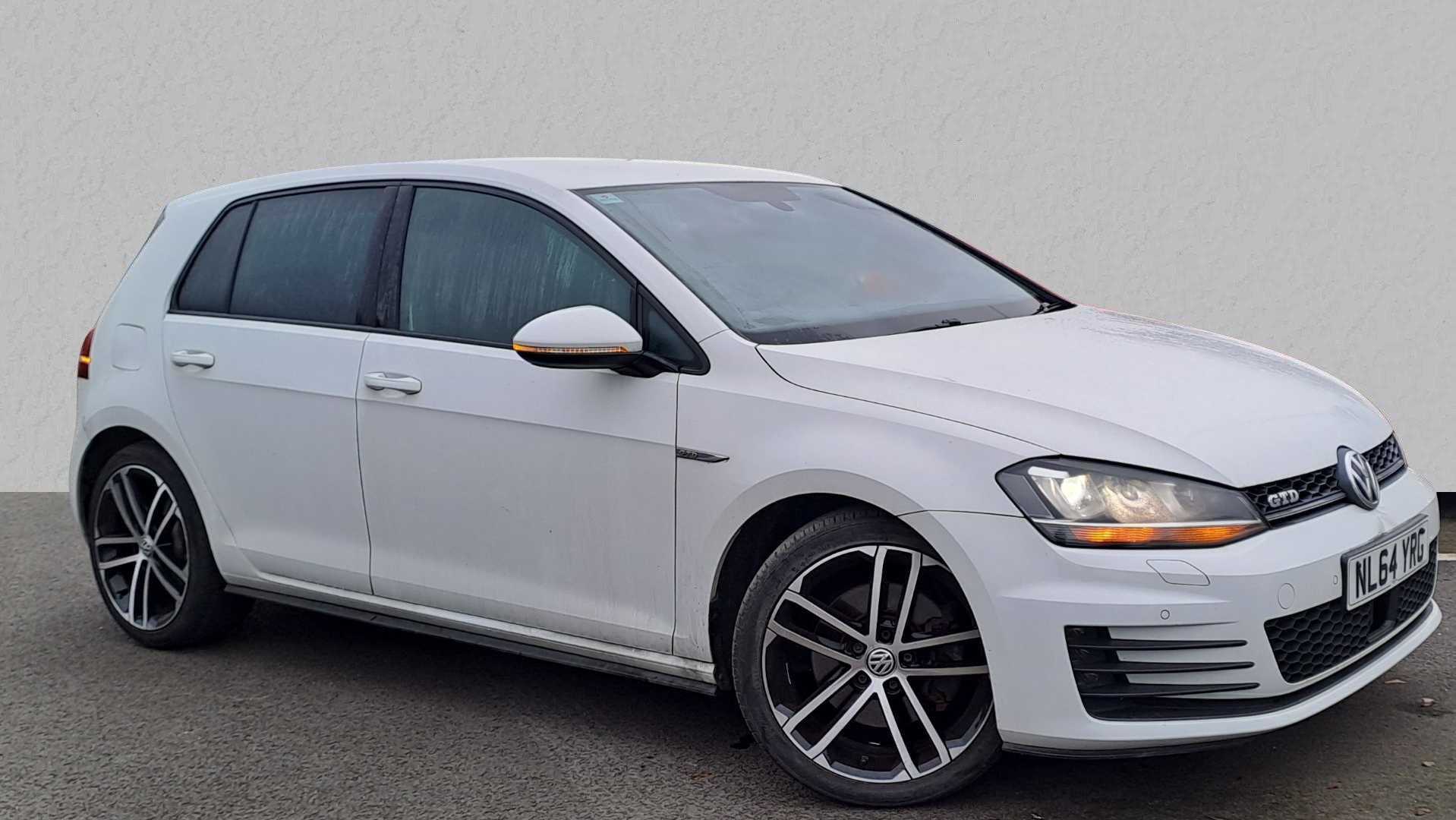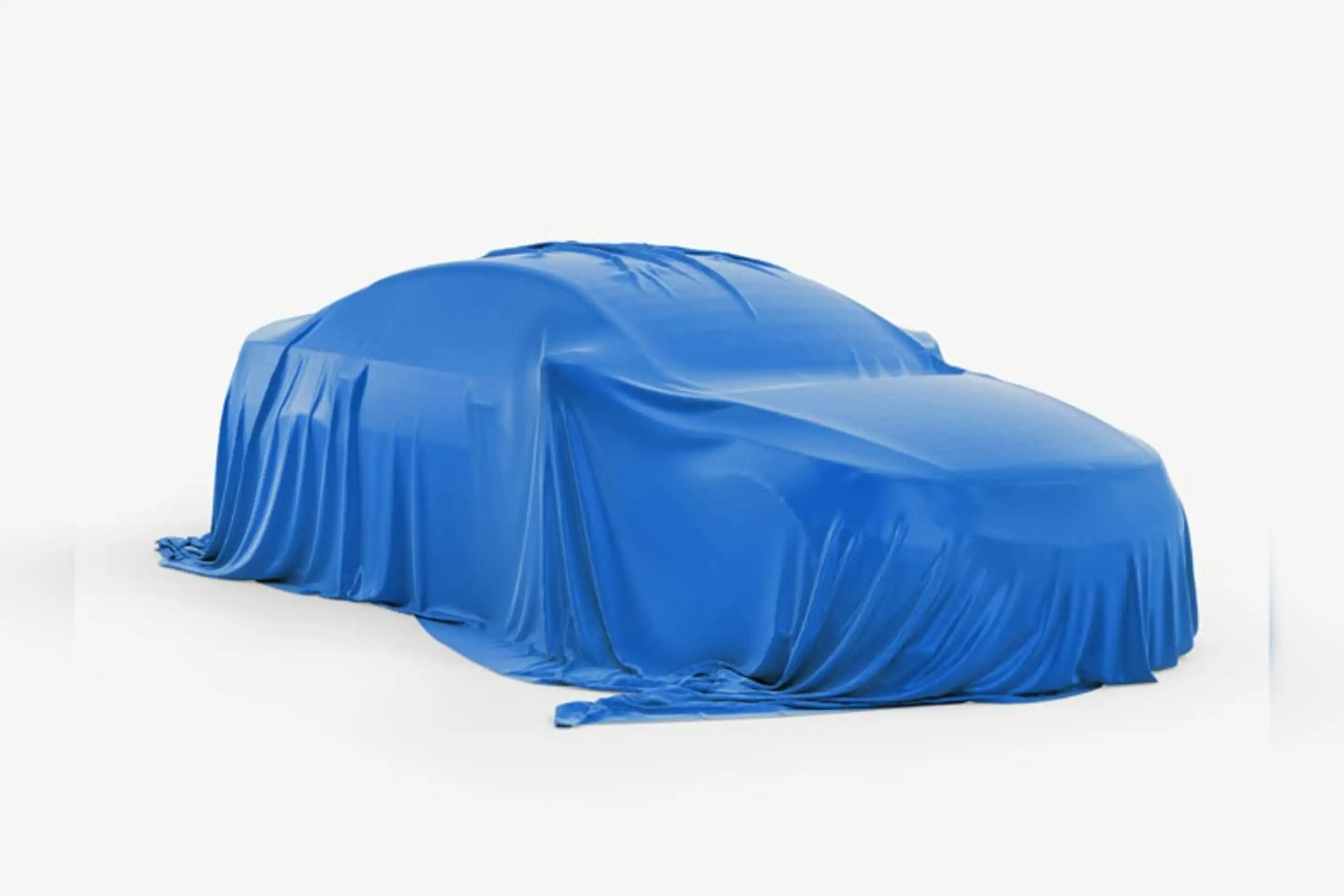
AdBlue is a fluid added to your diesel car that helps reduce the release of harmful NOx gases from the exhaust.
It's actually a brand name for a soluition of urea and distilled water, and is added to a diesel car via a filler, usually next to the fuel filler. The AdBlue is stored in a tank and injected into your car's exhaust system when the engine is running.
The use of AdBlue became more widespread when tough Euro 6 emission standards came into force in September 2015.
The new rules are particularly pertinent in areas with Clean Air Zones, many of which charge drivers of cars that don't conform to a certain level of vehicle emissions. There are increasing numbers of cities that operate zones like this, following the establishment (and subsequent expansion) of London's Ultra Low Emissions Zone, known as ULEZ .
In this article you'll uncover how effective AdBlue is, why we need it, what cars can use it and what it's made of. Read on to find out everything you need to know about AdBlue.

What is AdBlue and why do we need it?
AdBlue is an additive injected into the exhaust systems of modern diesel cars. The introduction of Euro 6 emissions standards made the introduction of AdBlue a necessity on modern diesel engines. That's because they produce nitrogen oxides (NOx) during the combustion process, which has been worsen respiratory conditions.
The regulations put a strict limit on what NOx emissions were acceptable, and using AdBlue dramatically reduces those emissions. All diesel cars produced from September 2015 are subject to Euro 6 emission laws.
What is Selective Catalytic Reduction (SCR)?
Selective Catalytic Reduction is the name for the science behind AdBlue. When your car's diesel engine is running, tiny amounts of AdBlue are squirted into the exhaust. The ammonia in the liquid reacts with the harmful NOx gases and converts it into nitrogen and water.
What is AdBlue made of?
AdBlue is made from about ⅔ deionised water and ⅓ high-purity urea – the latter contains ammonia, which neutralises NOx gases before they’re released into the atmosphere. Despite this, it's a myth that urine – which does also contain urea – can be substituted for AdBlue. As well as being pretty unpleasant, you'll likely cause your car significant damage if you try to fill its AdBlue tank with your toilet's liquid contents.
How much AdBlue will my car use?
AdBlue consumption varies from vehicle to vehicle (for example, a Volkswagen Passat gets through about 1.5 litres every 620 miles). But – like fuel consumption – the faster you drive, the more AdBlue you'll burn through.
Most AdBlue tanks hold around 10 litres or more. Many drivers will find that AdBlue need only be topped up at the annual service, but most will need at least one top up between services.
Where can I buy AdBlue?
You can buy AdBlue anywhere you’d buy other products for your car – including at petrol stations and stores like Halfords. You can expect to pay around £20 for 10 litres.

Where can I find an AdBlue pump?
AdBlue pumps are usually reserved for HGVs and coaches and their nozzles are too small to fit into a car’s tank. That said, pump AdBlue is cheaper than buying it in bottles and also less messy. You will see a few AdBlue pumps springing up in places such as motorway service stations.
I have an AdBlue warning light, what should I do?
An AdBlue warning light can mean different things. Most cars have a system to tell you when your AdBlue tank is running low or is empty.
In Volkswagen models, for example, a yellow warning light will flash and a tone chime when the car’s AdBlue is running low. It will continue to do this every 31 miles (50km) until you fill the tank. Ignore it and the symbol will eventually turn red, meaning your AdBlue has run out and the car won’t start until it’s been filled.
This system varies between manufacturers – some will use a mileage countdown to the next fill up, for example – but all cars will warn you before your AdBlue runs out, one way or another.
Can AdBlue – or a lack of it – cause problems?
AdBlue, or a lack of it, can cause problems to your car – a major one being that your car won’t start if you let it run out.
Because the system has a significant effect on the emissions performance of the engine, modern cars are designed so that they cannot be driven in a normal fashion if there is no AdBlue available.
That means most cars will go into limp mode. This is when the car's engine control unit (ECU) reduces engine power and sometimes even locks out some higher gears in automatic transmissions, so you have to literally crawl along at low speeds. If the car's AdBlue tank is dry when you try to start it, it may not even fire up at all until the tank is replenished.
It's also worth noting that, unlike a petrol tank, you can't just stick a fiver's worth of AdBlue in to get going. Most systems will require a significant top-up before it will operate normally once more, so it's worth buying enough to fill the tank.
That’s not all. If you keep your AdBlue stored in your garage or shed, make sure you put it in an expandable container because at -10ºC it will freeze and expand, causing an unpleasant-smelling mess if the container bursts.
It’s also worth noting that AdBlue naturally degrades over time – it’s good for 12 months at best. Remember that AdBlue is not an additive you pour straight into the fuel tank – it’ll have a separate filler, usually under the fuel flap, but sometimes under the bonnet or in the boot.
AdBlue tank fillers tend to have a smaller opening than your diesel tank and have a blue cap. Check your owner’s manual to find out exactly how to fill your car’s AdBlue tank. Starting your car with AdBlue in its fuel tank can cause serious damage – if you’re in any doubt, call for roadside assistance and don’t start your car.
Can you refill AdBlue yourself?
It depends entirely on your particular model of car as to whether you can refill it yourself. Some vehicles have the filler cap located underneath the carpet, under the bonnet or other places that are intended to discourage you.
However, those that are designed to be topped up at home put the filler next to the fuel filler cap, making refilling an easy job.
Check your vehicle's handbook for the correct information, particularly if you are filling at home. Although AdBlue isn't a fuel and so isn't flammable, it's worth treating it with care. Mop up any spillages, avoid contact with clothing and wear gloves, or wash your hands thoroughly afterwards.
AdBlue only lasts for 12 months, so don't be tempted to stockpile, and ideally it should be kept in storage above -10C and below +30C.
Which cars use AdBlue and SCR?
AdBlue was introduced so that diesel cars could meet Euro 6 emissions standards which launched in September 2015, so any diesel cars built on or after this date should comply.
That said, some manufacturers brought the technology in earlier. The easiest way to check is to use the Government’s online checker for the London Ultra Low Emissions Zone (ULEZ) – if you’re free from paying the ULEZ, your diesel is Euro6 compliant.
It doesn’t matter what AdBlue you use. AdBlue is simply a proprietary name but it all works the same no matter which brand it is sold by. That said, make sure you buy the correct AdBlue for cars, with the label ISO 22241 (including ISO-22241-1, ISO-22241-2 or ISO-22241-3) which will ensure it doesn’t damage the catalytic converter in your car’s exhaust – an expensive component to fix.
AdBlue is very effective. A study conducted by Leeds University in 2017 found that a Volkswagen Polo with a 1.4-litre diesel engine and no AdBlue system produced more NOx gasses than a 13-litre diesel lorry with the system fitted.
AdBlue doesn’t increase performance, in fact, running out of AdBlue could have the opposite effect – some cars will revert to a limited-performance limp mode if they run out of AdBlue or not start at all.
Loading...
More car features explained
With lots of abbreviations and tech to get your head around, our expert guides explain all.




